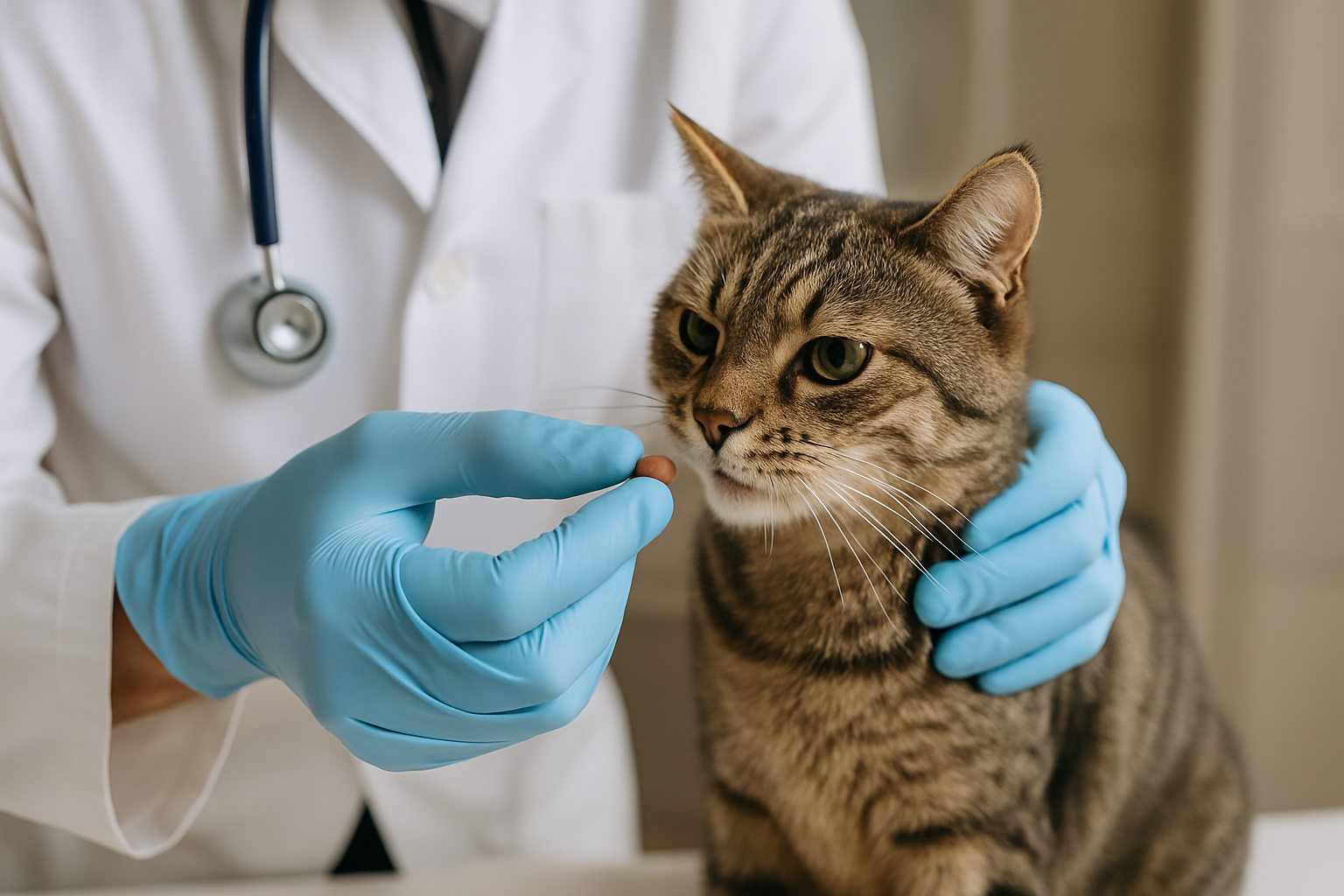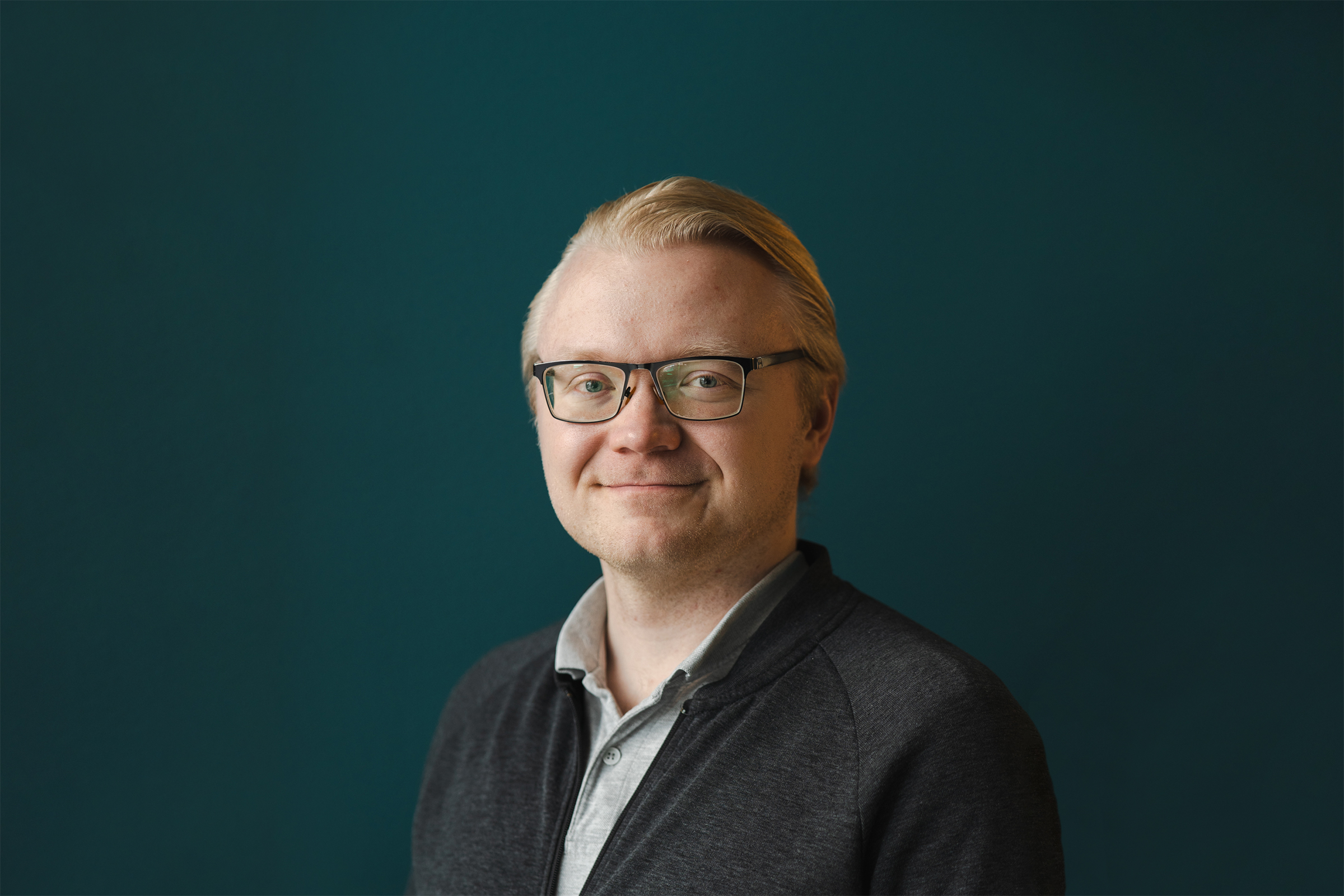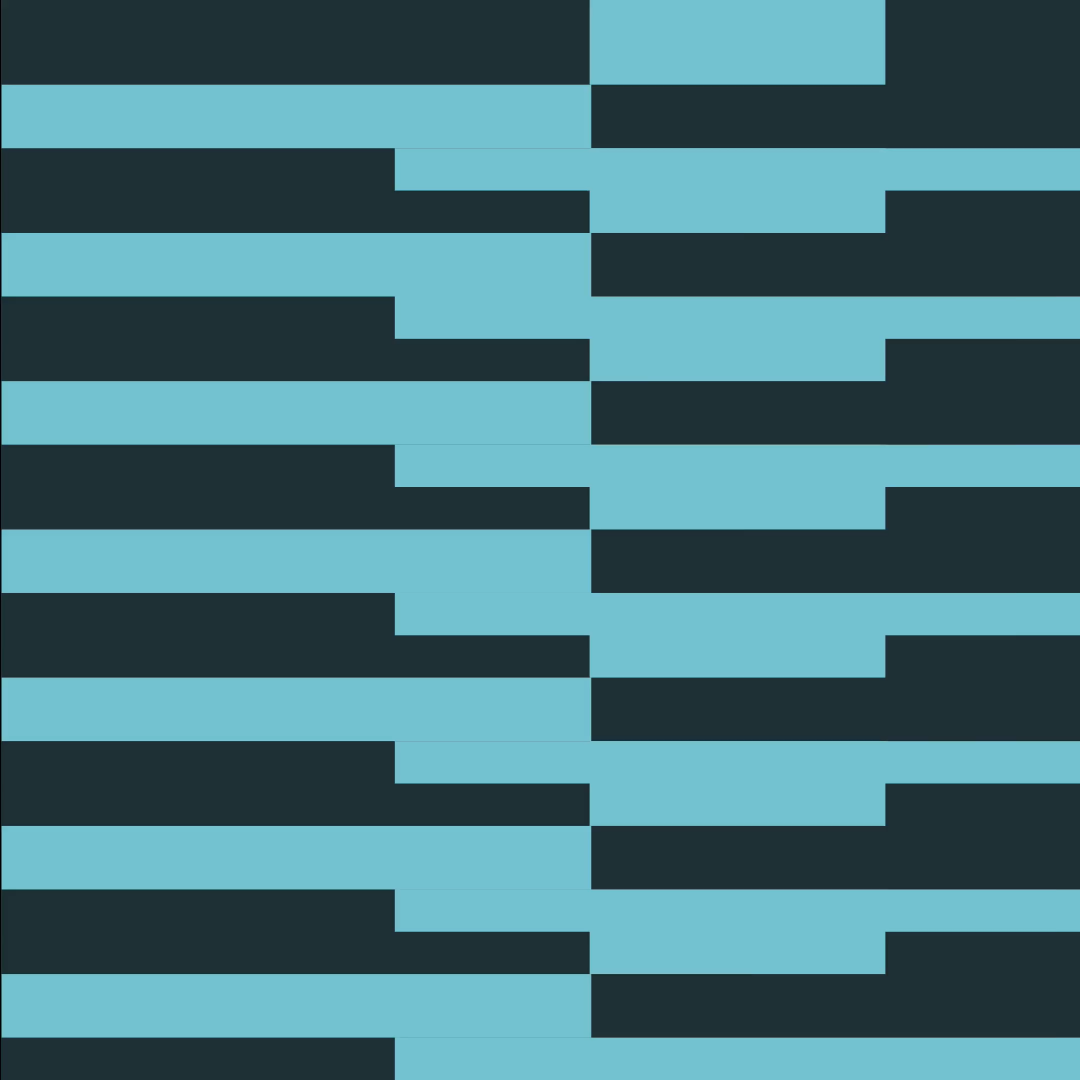Taloussanomat is the largest business online daily newspaper in Helsinki, Finland. Kari Rintakoski wrote an article about our founders, Charlotta and Niklas. Here follows a short summary in English and you can read the full article here.
"The Finnish startup company Curifylabs has introduced a technology that significantly accelerates the production of so-called customized medicines in pharmacies. Medicines have been crafted by hand throughout history, but today, most medicines are mass-produced factory-made drugs. There are patient groups for whom these do not always suit as is, and for them, a doctor may prescribe a customized, or in pharmacy terms, an ex tempore medicine.
Customized medicines are needed because the concentrations of ready-made medicines may be too high, for example, for small children or animals, or they may contain an ingredient that could trigger an allergic reaction. A patient suffering from nausea might prefer a suppository instead of a swallowable tablet, or there might be a need to start treatment with a small dose that gradually increases. "Some medicines may take several hours to make by hand. In addition, it always requires manual labor, which has its own challenges," Curifylabs CEO Charlotta Topelius said. According to Topelius, what makes the company's product unique in the market is that it meets all these needs and covers the entire medicine manufacturing process from start to finish.
The development of the MEDICINE PRINTER is based on years of work and has been developed in collaboration with clients in Germany, Switzerland, the Netherlands, and also in Finland. Curifylabs launched the finished product on the market last November. Before that, the device was piloted in pharmacies and hospital pharmacies across Europe.
Curifylabs' technology consists of four components. First is the computer software that directs the manufacturing of the medicine. Second are the pharmaceutical bases developed by the company, to which the active ingredients are added. "Just as ink is needed for printing on paper, ink to which the active ingredient is added is needed for printing medicines." The third technological component is quality assurance, and the fourth is the actual printer used for manufacturing the medicines.
The end result could be, for example, a traditional pill, a suppository, or an orally administered solution. The quality assurance involved in the process eliminates the possibility of human error associated with manual work. "One of our promises is very precise dosing, which is a great advantage, for example, for small children.
Charlotta Topelius, who has a commercial background, founded Curifylabs in 2021 with her husband Niklas Sandler Topelius. He is a Professor in Pharmaceutical Technology and serves as the company's CTO.
The company's technology saves pharmacy resources by automating the production of customized medicines and also enhances safety by taking care of the process's quality assurance.
For the growing startup, funding is a critical factor. Curifylabs' financiers include, among others, the Pharmacy Pension Fund and Lifeline Ventures, which specializes in early-stage venture capital investments.
Based on experiences so far, there is demand for the technologies developed by Curifylabs. Topelius says that since the November launch, the company's turnover has grown significantly. According to the feedback received, even the device's price range is such that it is feasible for small pharmacies to acquire. "Our technology saves so much time and money that, depending on labor costs, it pays for itself in about two years," Topelius says.

.png)





